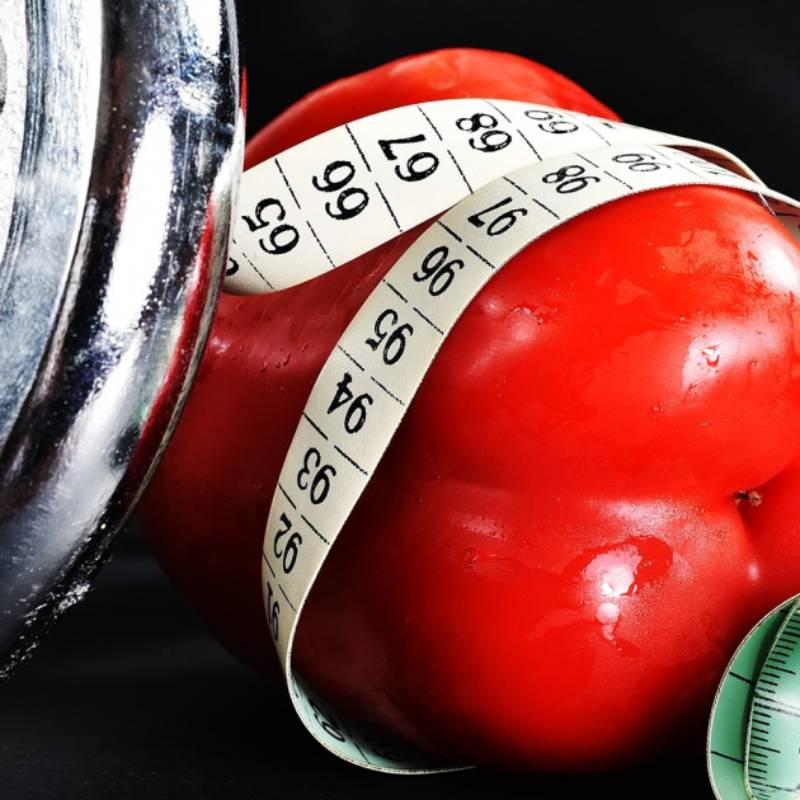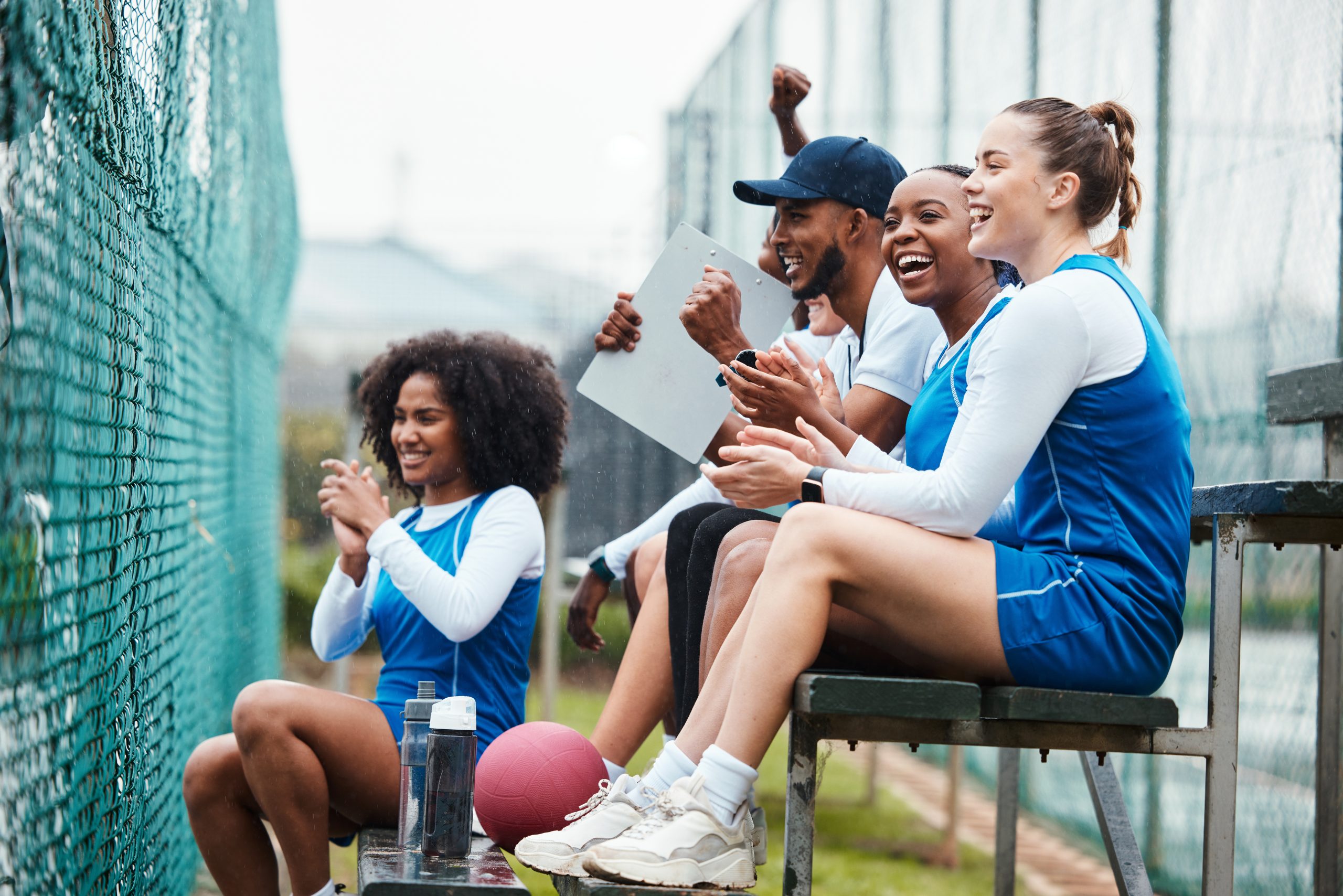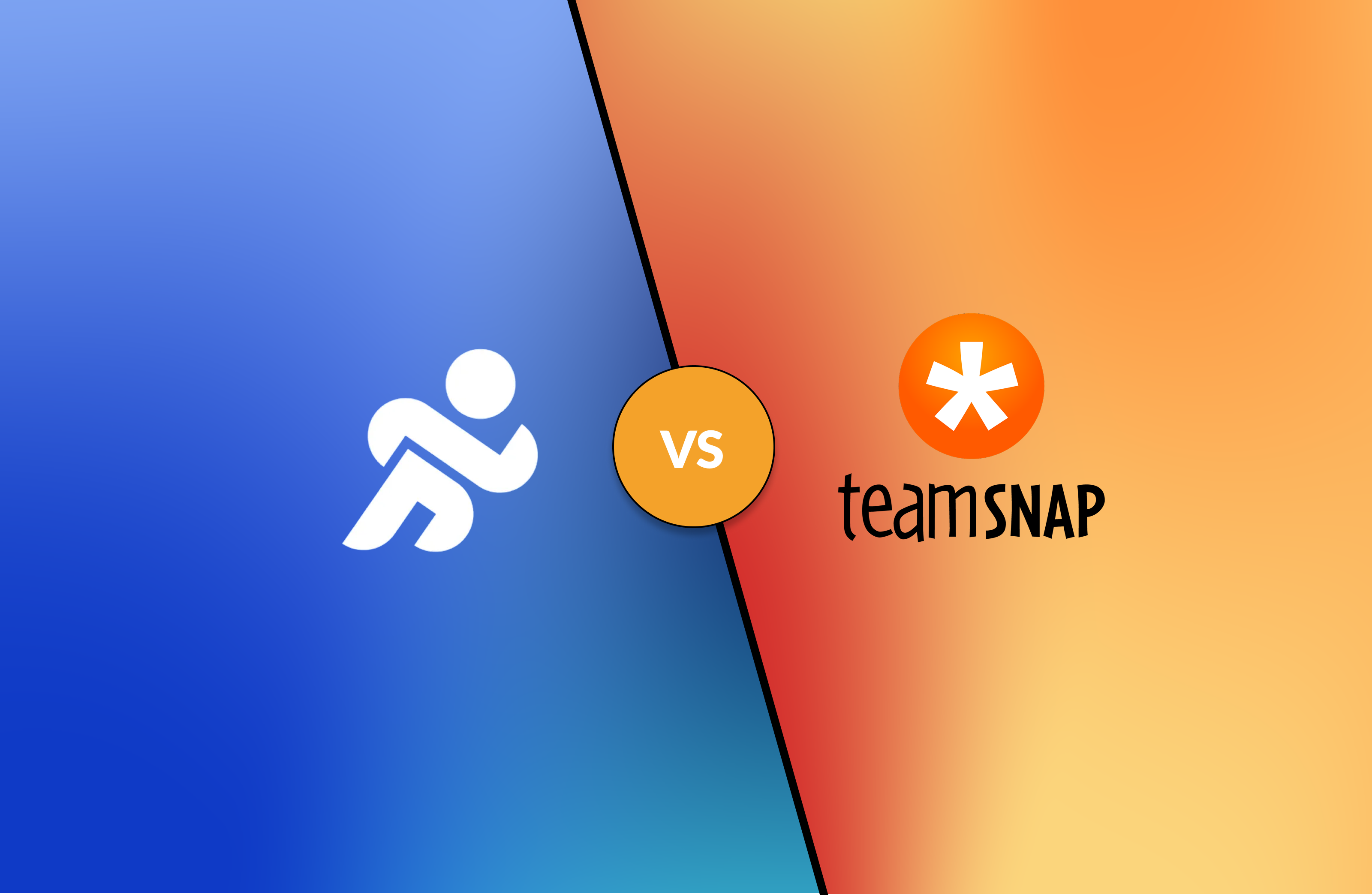What to eat before exercising

It’s a well-known fact that diet and sports performance are complementary. Having a good sports diet can make all the difference to your overall sporting performance.
That said, what are the best dietary practices to adopt directly before exercising?
Should you eat a full meal or just a snack?
MonClubSportif is here to answer your questions:
- Should you eat a full meal or a snack before a sporting activity?
- How long before a sporting activity should I eat?
- What types of food should I eat before sport?
Eat a full meal or snack before a sporting activity?
A question that comes up frequently in sports nutrition, and which is the subject of much debate: should you eat a full meal, or just a snack before your sporting activity?
The reality is that there is no magic answer to this question. Many variables can come into play, and many aspects can influence the answer to this complicated question. Whether it’s your personal food preferences, your routine, your digestive system, etc., it’s all up to you.
However, a general rule to follow is that, the heavier your choice of food, the longer you need to eat before your sporting activity, in order to digest properly.
There are some general guidelines to follow on the number of hours to eat before a sporting event, they are discussed below!
How long before a sporting activity should you eat?
The number of hours you should eat before a sporting activity depends on your sports diet. As mentioned above, you can eat a full meal or a snack before your physical activity.
Registered Dietitian Alyssa Fontaine suggests the following times:
- Normal” meal
If you want to eat a complete meal (lots of carbohydrates and protein) containing between 500 and 800 calories before your activity, we recommend you eat it 3 to 4 hours before your activity to give yourself time to accumulate energy from the meal and digest this heavier meal properly.
- Moderate snack
If you want to eat a moderate snack of around 200 to 500 calories, you should eat it between 2 and 3 hours before your physical activity. Obviously lighter than a meal, your snack will be easier to digest and need not be eaten more than 3 hours before your activity.
However, it is not recommended to consume this kind of snack directly before your activity.
- Small snack
If you have a small snack of 100 to 200 calories, the best time to eat it is about 1 hour before your event. The lighter snack will give you the energy you need without weighing you down during your activity, considering that it’s consumed in this interval.
- A “bite
A mini-snack or “bite” of between 50 and 100 calories can be consumed very close to your performance. To be more precise, you should consume this type of food 30 minutes beforehand. This kind of snack will give you the energy boost you need before your game or workout, and is easy to digest!
What kind of food should I eat before sport?
Obviously, some foods will help you perform better than others. Foods with lots of carbohydrates will be easy to digest and give you the energy you need for your sporting activity.
Foods such as pasta, bread, fruit, energy bars, etc. are perfect for energizing you in the right way to perform well.
It’s also a good idea to take into account the glycemic index of the foods you eat before your sporting activity.
As Diabetes Canada explains, “the glycemic index (GI) is a scale that ranks carbohydrate-rich foods according to their effect on raising blood glucose levels compared to a reference food”.
If your sporting activity is more a question of endurance, foods with a low glycemic index are preferable.
If you’re taking part in a highly intense activity, you’d be better off with foods with a high glycemic index. These foods have more carbohydrates and therefore more energy to offer you for your activity.
Here are a few examples of foods with a low, medium or high GI, to help you balance your intake:
Examples of foods in each glycemic index category:
Another important point not to be overlooked is hydration. It’s important to hydrate before your event. Drink water regularly a few hours before your workout or game.
In addition, drink 1-2 glasses of water between 30 minutes and 1 hour before your activity.
As you’ll have gathered by now, your sporting performance is directly correlated with your diet and exercise regime. So if you want to improve your performance, remember to adjust your diet before your training sessions or matches.
You’ll feel more energetic and, who knows, you might even discover a sports nutrition routine that suits you!
Karl Demers



